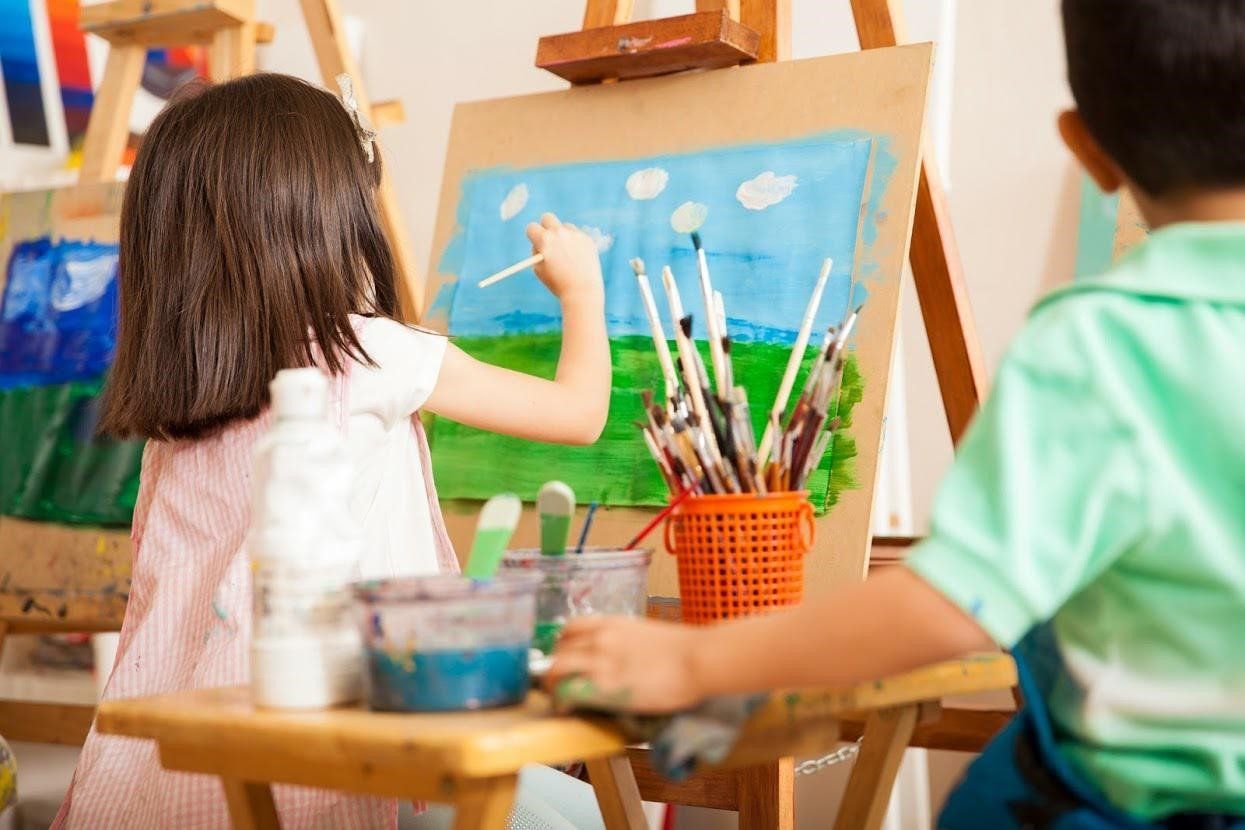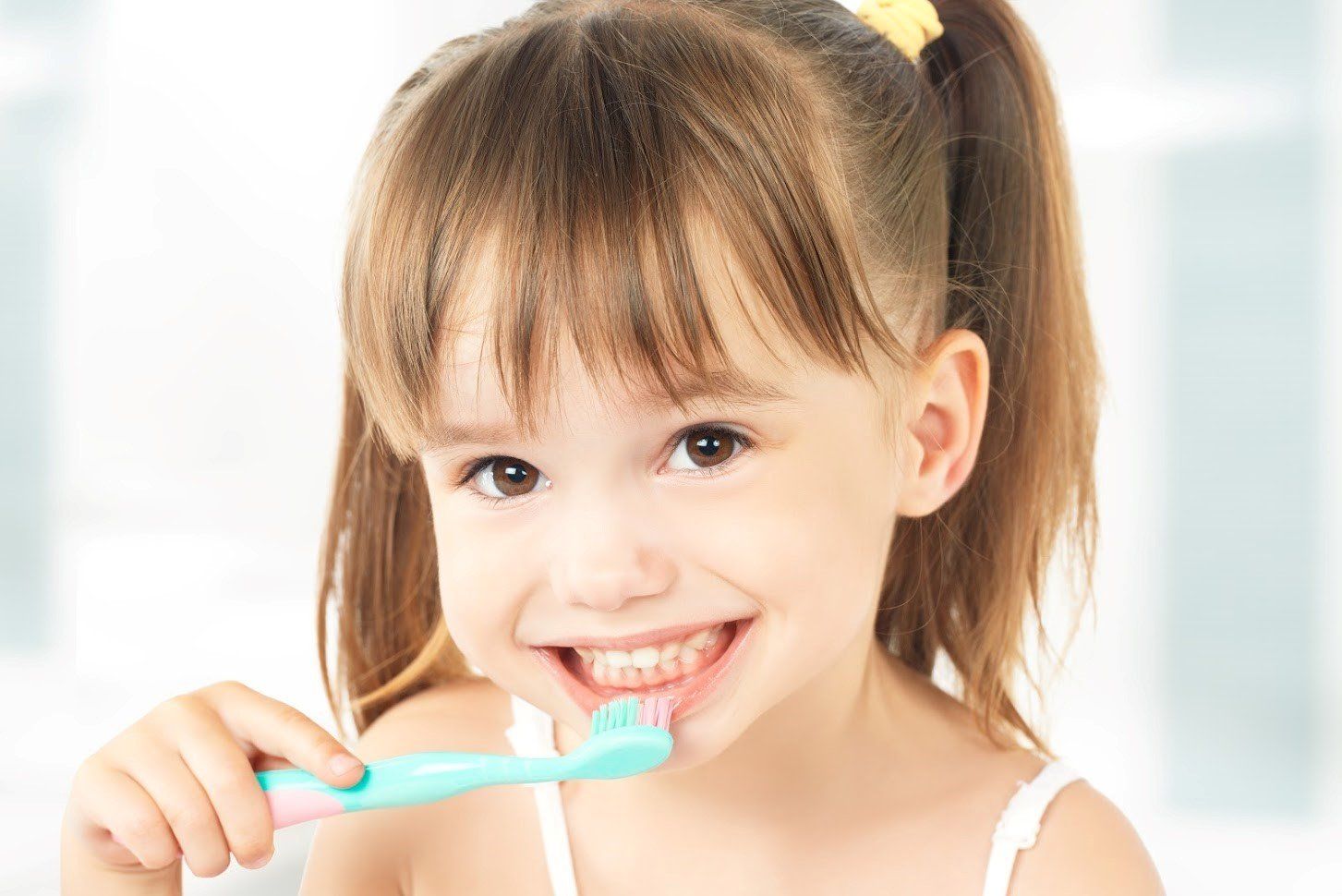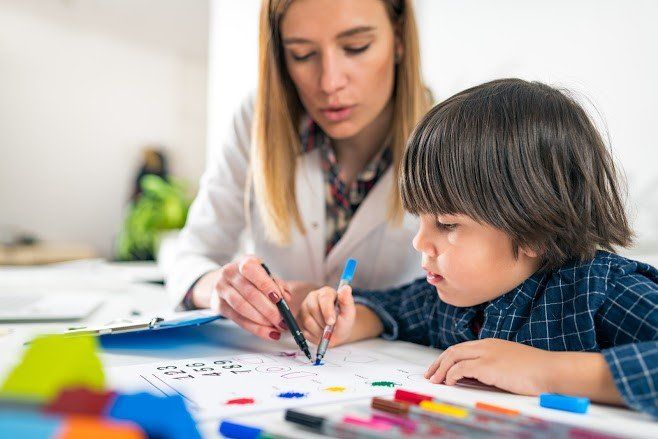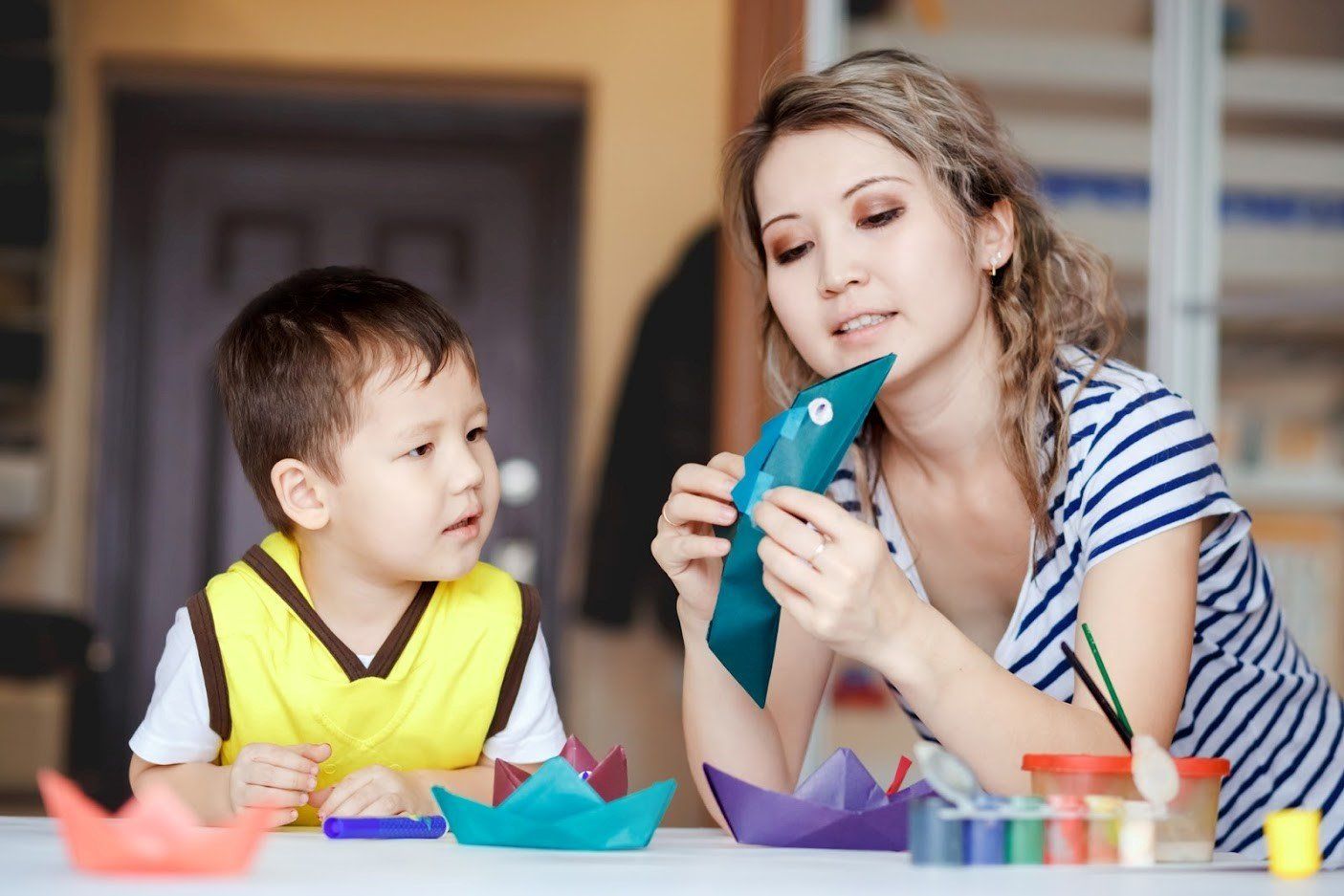WELCOME TO THE ALPHABET TREE!
WELCOME TO THE ALPHABET TREE!
A Parent's Guide to Finding a Quality Early Learning Program
Every child deserves to grow up in a nurturing environment that supports their development, yet early childhood learning programs vary significantly from one location to another. As a parent, you can use this guide to identify the right program to help your child reach their fullest potential.
Ask About Teacher Training and Experience
Your child and their teacher will spend many hours together, and you should feel comfortable leaving your child in their teacher's care. Begin your search for a learning program by asking about the requirements for becoming a member of the staff at the center.
In a quality program, you should find that the majority of the staff members hold a degree within the early childhood education field, or they have years of experience. Staff members who are just beginning their careers in an early learning environment should be mentored by more experienced members of the team to foster their development.
Each member of the staff should also undergo continuous education training throughout the year that helps them to stay on top of the latest practices for teaching young children. These trainings may also include opportunities to enhance their safety skills in first aid and CPR.
Check for Age-Appropriate Practices
In an early learning environment, teachers should adjust their strategies to fit the needs of young children. For instance, a teacher who works with infants may set up the classroom to encourage safe exploration by limiting furniture such as shelves and chairs.
Alternatively, a preschool teacher may nurture independence by using child-sized shelves that are filled with learning toys and labeled with pictures so that your child can help during cleanup time.
Discipline should also be prevalent in the classroom. However, teachers should avoid using harsh punishments. Instead, they use conflicts in the classroom as learning opportunities. For example, a teacher may have two older children brainstorm ways to share a toy rather than arbitrarily giving possession of it to one child or the other.
Look at the Lesson Plan
Every classroom should have a lesson plan that is tailored to fit the needs of each child. Although the teachers may follow a curriculum, the plan should include a wide range of activities targeting skills that young children need to develop, such as letter recognition and oral language.
Inquire About Arts and Culture Experiences
Academic learning is critical for young children, but remember that your child also benefits from being exposed to arts and culture experiences. When your child attends events such as a live play at a theater or a musical performance, they learn valuable social skills and refine their worldview.
In the classroom, art and music lessons allow children to develop their creativity, and activities such as drawing or plucking a child-size guitar help kids to strengthen fine motor skills that affect their ability to learn to write.
Observe the Classroom Environment
You can learn a lot about a learning program from a short classroom observation. During your visit to the center, ask if you can visit the classroom where your child will learn. Then spend a few minutes observing. You should see the children actively engaged in activities that interest them as the teacher scaffolds their learning.
Find Out About Parent Involvement
You should always feel welcome in your child's learning program, and quality teachers recognize the importance of helping young children make school-to-home connections. Ask about how teachers communicate with parents, and look for answers such as through bulletin boards, emails, newsletters, and verbal communication.
At Small World Early Learning and Development Centers, we recognize each child as a unique individual who is eager to reach their fullest potential. Contact us today for a tour of our learning center to see how your child thrives in a nurturing environment.
Small World II Is Accredited by the National Association for the Education of Young Children (NAEYC)
Small World I and II are Accredited by the National Early Childhood Program Accreditation (NECPA)
Small World I and II are Licensed by Pennsylvania Department of Welfare
OUR LOCATIONS
607 Penn Ave.
Pittsburgh, PA 15222-3206
And
960 Penn Ave.
Pittsburgh, PA 15222-3818
OUR LOCATIONS
607 Penn Ave.
Pittsburgh, PA 15222-3206
And
960 Penn Ave.
Pittsburgh, PA 15222-3818
GET IN TOUCH
©2023 Small World Early Learning and Development Centers, Web Design by Higher Images, Inc.










